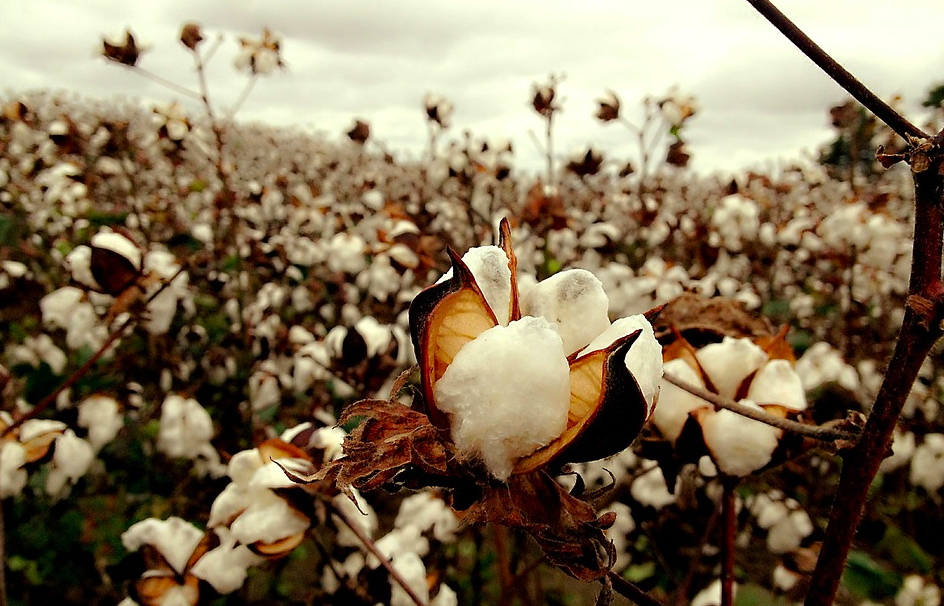After the fall of the Soviet Union, a new economic world opened for dozens of countries in Eastern Europe. No longer under the control of a domineering communist regime, individual nations and economies entered directly into world markets formerly unavailable to them.
One of these countries is the Republic of Uzbekistan. Situated north of Iran and Afghanistan and south of Russia, Uzbekistan has done fairly well commercially by relying on commodity products, especially cotton. Worldwide, Uzbekistan is the sixth largest producer of cotton, and one of the top three exporters.
Unfortunately, this success has not come without a price. While the commercial success of cotton has driven the Uzbek economy, harvesting practices, run mainly by a strong central government, have failed to put aside decades of Soviet influence. According to several prominent human rights organizations (including Human Rights Watch, International Labor Rights Forum and the Uzbek-German Forum for Human Rights Cotton Campaigns), state-sponsored forced mobilizations of ordinary people continue to this day. Teachers, government employees, low-income citizens and young children, some as young as 9 years old, are being conscripted into working in the cotton fields. Working conditions for those too poor to pay the exemption fee, or those removed from classrooms under threats of both physical and mental abuse, are terrible at best.
An initiative by the International Labor Rights Forum (ILRF) in 2008 provided a glimpse into the lives of children forced to work in the fields. The abuse began when government officials came into the schools and threatened the principals and teachers with being fired if they did not bring the children out to work. Children were then pulled out of school and bussed off to fields, often times at their own expense, where they were forced to work, leaving behind their education and training for a period of weeks. Once at the fields, the children lived in unheated, uninsulated field barracks, usually used to store machinery and farming supplies, in conditions one child described as “unbearable.” Younger children were allowed to walk home at night rather than stay in the barracks, but often were not released to go home until well after dark, and fields were usually more than five miles from their homes.
Thankfully, this abuse did not go unnoticed. Recently, especially in 2007 and 2008, several campaigns worked to improve conditions for those working in the fields, and put an end to the practice of using young children in the harvest efforts. While small protests made some headway, the largest response from Uzbekistan officials came after several large corporate retailers, including Walmart, Gap, Tesco, and Marks and Spencer, began to remove Uzbek cotton from their supply chains. In light of these actions, Uzbek officials signed the International Labor Organization (ILO) convention on Minimum Age for Work and Prohibition and Immediate Action on the Elimination of the Worst Forms of Child Labor.
In a review of the 2012 Cotton Harvest in Uzbekistan, the Uzbek-German Forum (UGF) interviewed residents, students and other workers to try and gain an accurate picture of the situation in Uzbekistan four years after the promised action by the prime minister. While there has been some progress, the situation is still quite grim. The UGF review found that in order to comply with international pressures, Uzbek officials have shifted the demographics of those forced to work, moving from young children to more college-aged students as well as larger numbers of adults. However, as the harvest progressed and more labor was needed to reach quotas imposed by the government, old practices still held sway leading to schools being closed and children being brought out to the fields. When confronted about these violations, officials retreated into the bureaucracy, passing the blame to others, showing that while the laws exist on paper, they lack any sort of enforcement.
Did you know there are over 215 million children in child labor worldwide? Read more here Act Now





